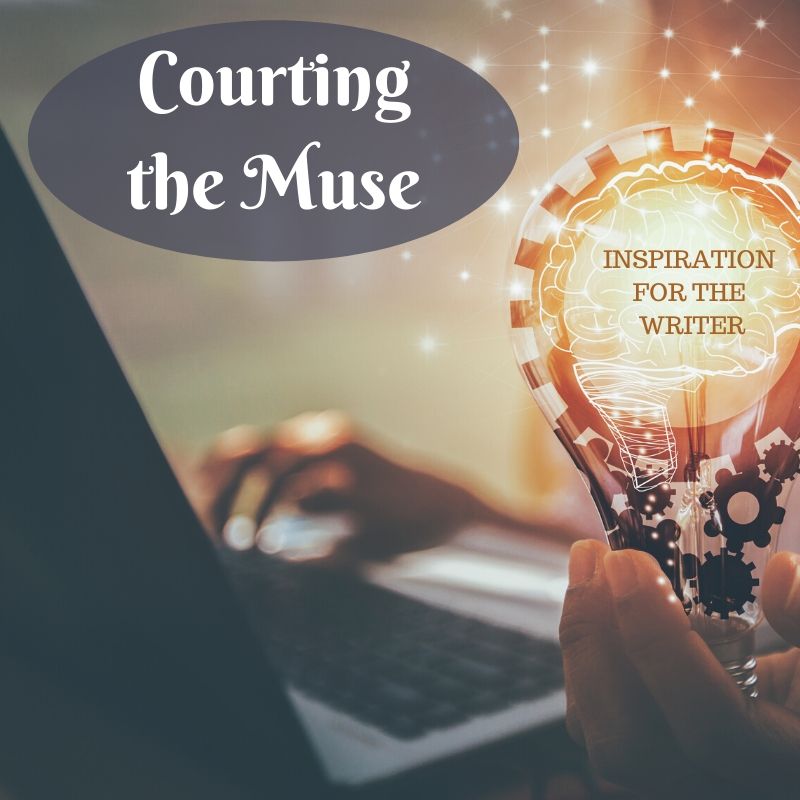Long before the pandemic began, I used to drop into the occasional adult beginner ballet class. There, I’d stretch out vertebrae accustomed to being crunched together over a laptop, and curl fingers stiff from typing around a wooden barre. I stopped going after a while, but the monotony of sheltering in place made me want to dance again. With the studios shuttered by COVID, I turned to YouTube. Now, I tendu and plié at home in my yoga pants, clumsily mirroring the dancers I call up on my TV screen.
One Youtube dance teacher, the Miami City Ballet soloist Kathryn Morgan, posts follow-along stretching routines alongside her virtual barre classes. In one such video, Morgan stretches her legs long-wise on a Tiffany blue yoga mat. She rounds her back, hunching over with her spine forming a C-shape.
She says, “We’re doing this first” — with the curved spine — “so that when we do the normal head-to-knee stretch, the back doesn’t take over.” Then she straightens and hinges over, reaching for her feet. At home, stretching on a hardwood floor, I copy the curves and flats of her spine.
Morgan teaches us to sit in the “wrong” position first, releasing the distracting muscles in our back so we won’t be held taut by their tension. Doing the stretch badly, sinking into your comfort, allows you to do it well the next time.
I’ve written in the past about the virtues of bad prose, how reading ungainly sentences or ill-plotted stories can teach us to spot the flaws in our own writing. But, stretching with Morgan, I can’t help but think about how writing badly can sometimes be helpful too.
We all have questionable habits as writers. For me, it’s a shapelessness to my plotting, an overuse of metaphor, and a tendency to let my stories sort of… peter out instead of ending them with intention. For the most part, it makes sense to guard against these impulses toward sloppiness. But sometimes, thinking too hard about how not to write makes it hard to write at all.
I think, again, of ballet. Sometimes, the impossibility of turning out at the hip and pointing the toes and straightening the knee and tucking the pelvis, all at the same time, can freeze me in place before I even begin to move. To start dancing at all, I have to give myself permission to do it badly. Sometimes, I’ll even move in a deliberately off-kilter fashion, allowing my knees to knock together and my feet to flex. I’m letting my body have its way, before I subject it to balletic discipline.
When I find myself blocked by writerly perfectionism, I’ve found it helpful to give my “bad” impulses free rein too. But instead of doing this in the text of whatever I’m working on, I use a “fake” story as a scratchpad, deliberately staying away from the setting, characters, and even themes of my “real” project.
In this new document, which resembles an actual story only in the loosest sense of the term, I force myself to write thoughtlessly and without shame. I let my metaphors starburst into absurdity, my sentences tangle up in one another, my characters run off and disappear without reason. Instead of worrying about endings at all, I keep plowing ahead, rarely even reading over what I’ve typed.
Like releasing all the tension in my stiffened spine, writing with abandon like this lets me get my bad habits out of my system. Only then can I approach my “real” project unselfconsciously. It’s the writerly equivalent of dancing alone with your eyes closed, not even looking at your own clumsy, joyful shape in the mirror. In my opinion, there’s no better way to get over writer’s block.

Lucia Tang is a writer for Reedsy, a marketplace that connects self-publishing authors with the book industry’s best editors, designers, and marketers. To work on the site’s free historical character name generators, she draws on her knowledge of Chinese, Latin, and Old Irish — learned as a PhD candidate in history at UC Berkeley. You can read more of her work on the Reedsy Discovery blog, or follow her on Twitter at @lqtang.



 We love helping your growing in your writing career.
We love helping your growing in your writing career.

No Comments